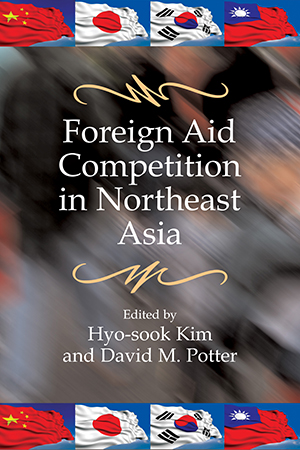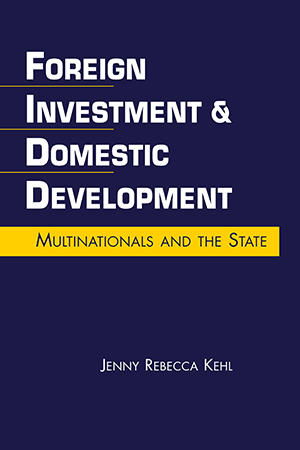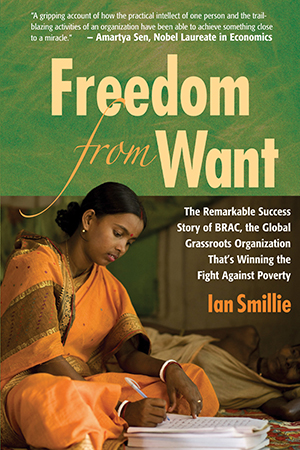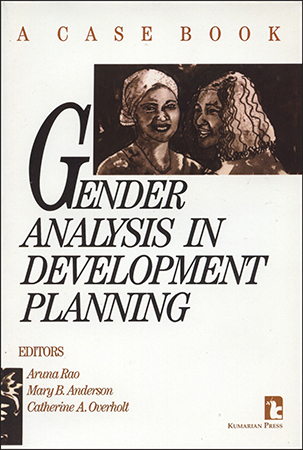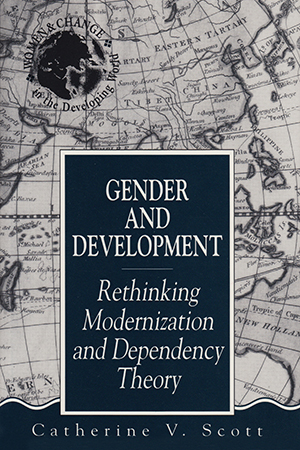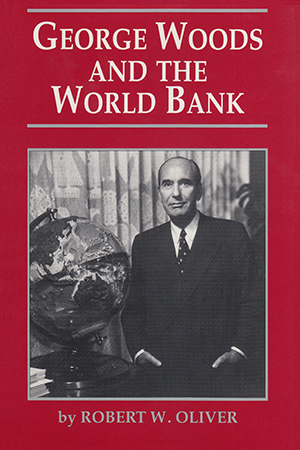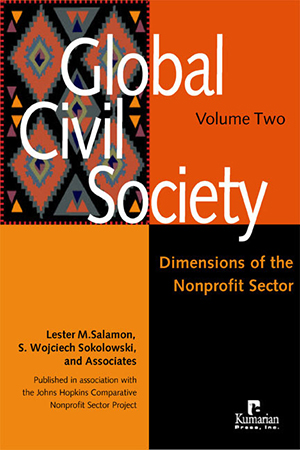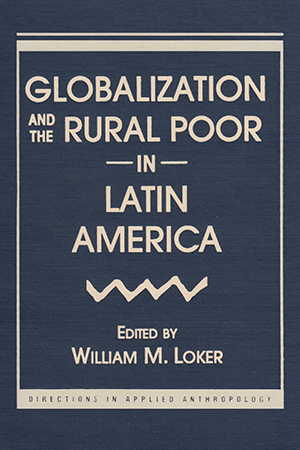Development Studies
Despite the labyrinthine bureaucracies, frustrating inefficiencies, and disorienting complexities of the "development business," many individuals and groups find their way through More >
When African countries embarked on the first round of structural adjustments in the 1980s and 1990s, there was little opportunity to first determine what programs would work More >
Shawn Teresa Flanigan looks at the role of faith-based nonprofit organizations (FBOs) in the context of international development to explore the ways that history and religious identity have More >
Two centuries after the abolition of the transatlantic slave trade, at least 12.3 million people are subjected to modern forms of forced labor—in rich countries, as well as poor More >
In recent years, China, Taiwan, South Korea, and Japan have been transformed from aid recipients to aid donors, raising a number of questions. What motivated these four countries to embark More >
How is it that billions of dollars flow through the developing world without altering its reality of poverty and scarcity? Jenny Kehl explores the crucial relationship between foreign direct More >
Freedom From Want traces the evolution of BRAC from it beginnings as a small relief operation in Bangladesh into what is arguably the largest and most successful social experiment in the More >
Appearing some twenty-five years after the inaugural meeting of the Group of 24, this book relates the efforts made by developing countries in the arena of international monetary issues. A More >
These practical cases studies from India provide innovative management strategies, as well as planning and evaluation techniques, sensitive to gender issues. The cases are open-ended, More >
Scott demonstrates that many prevailing ideas about development, dependency, capitalism, and socialism are anchored in the social constructions of gender differences. Early modernization More >
Based on dozens of in-depth interviews, as well as the historical record, Robert Oliver has written a unique biography of George David Woods, who in 1963 became the fourth president of the More >
In Volume Two of Global Civil Society, the Johns Hopkins Comparative Nonprofit Sector Project continues the comprehensive overview of the scope, size, composition, and financing of the More >
International health planners often design programs based on the assumption that recipient nations share the same "level playing field" with regard to conceptions of health, More >
With global sociopolitical and economic change contributing to an accelerating crisis in Latin America’s rural communities, rural residents are responding creatively with a range of More >






